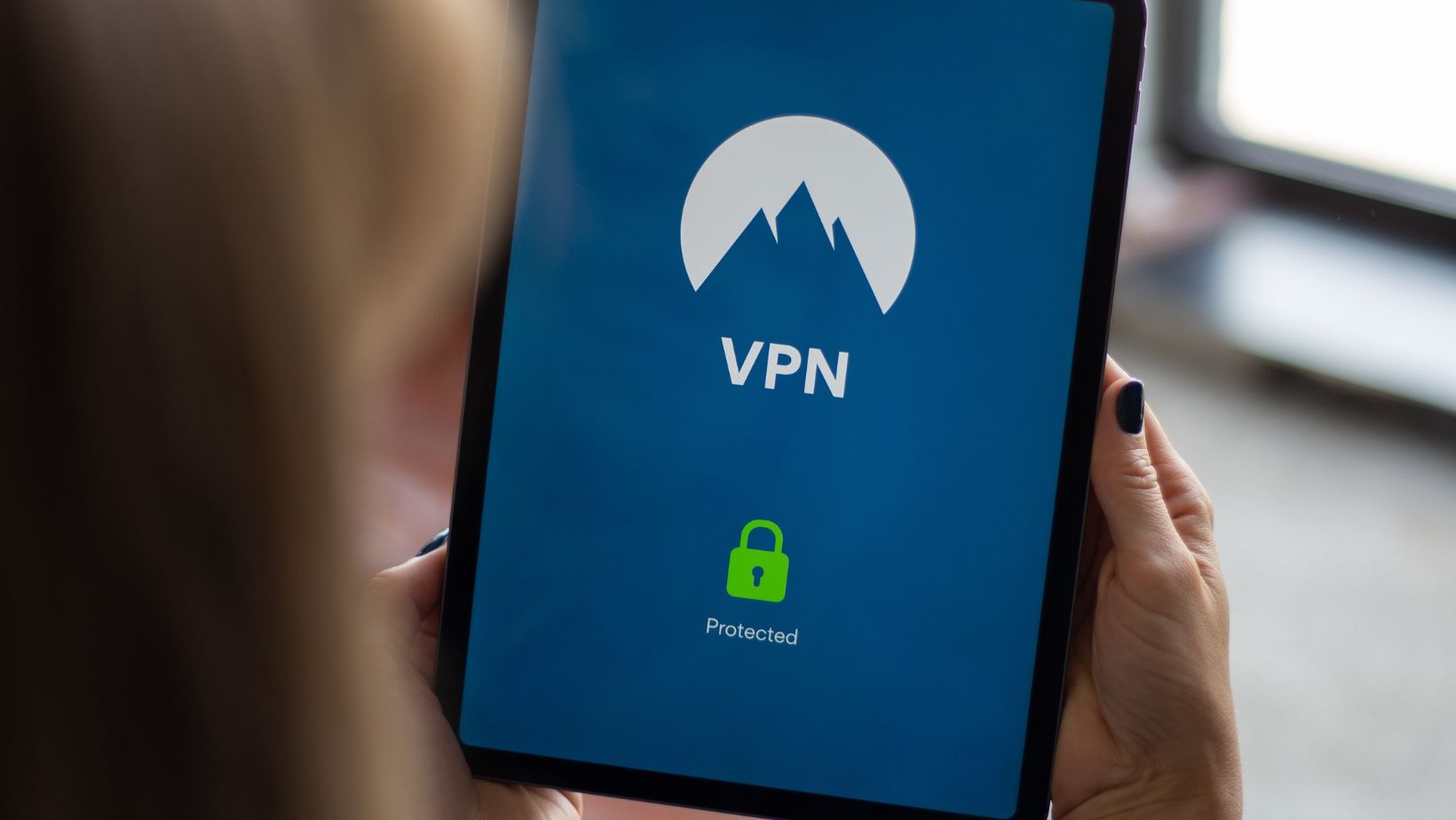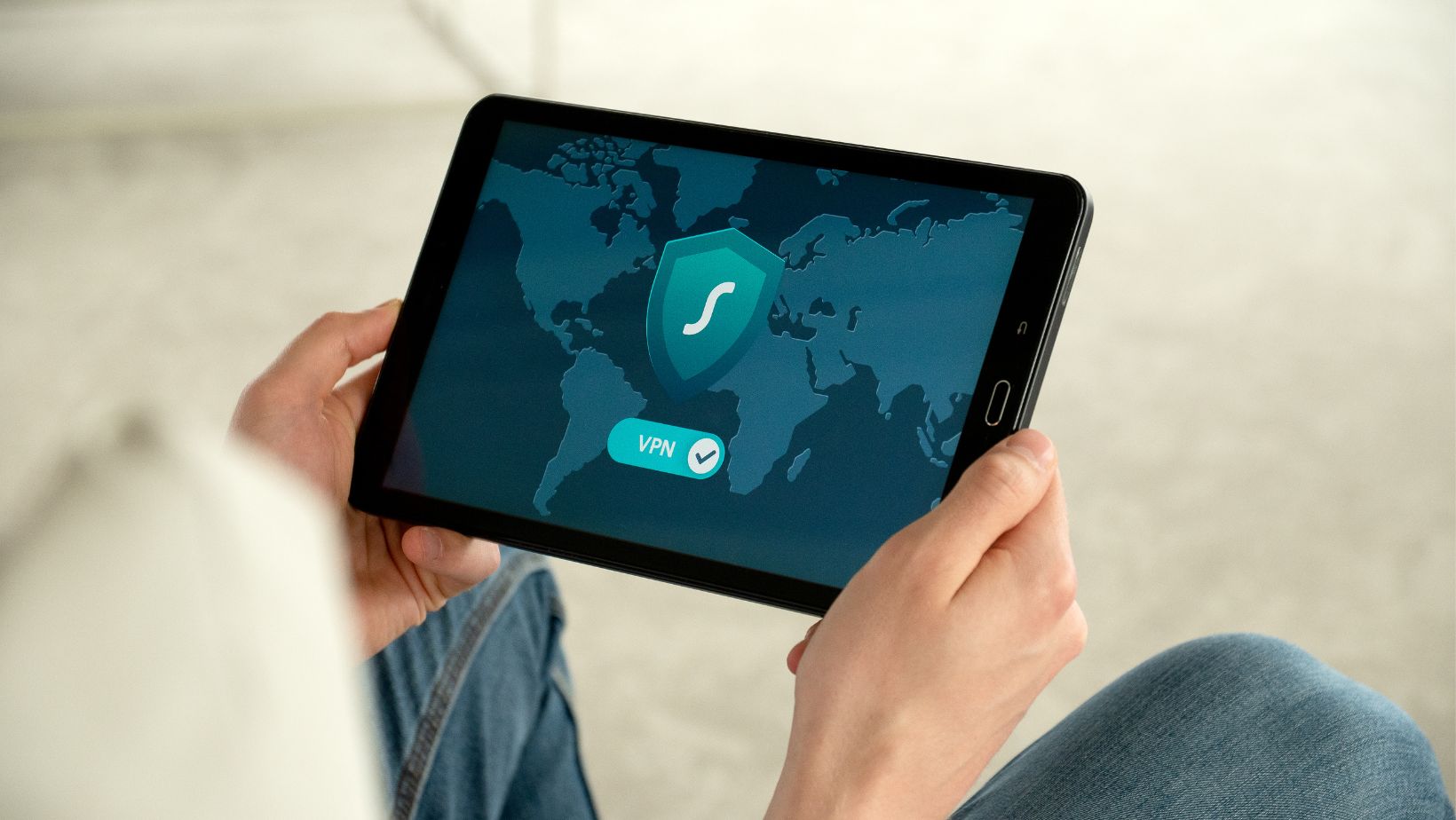Digital technology has fundamentally changed our visits to and study of historical places. Thanks to digital archives, virtual tours, and internet tools, you might be able to see the past right from your own house these days. However, regional restrictions or privacy concerns can limit access to some content. This is where Virtual Private Networks (VPNs) become invaluable tools for history enthusiasts. VPNs can enhance your experience while you browse online archives or enjoy virtual tours. They do this securely and seamlessly. For beginners, trying a free VPN can be a great starting point to unlock these benefits.
Accessing Geo-Restricted Content
Some cultural and historical institutions have exclusive content. It is only accessible in certain regions. Museums, for instance, might limit virtual exhibits to their local audience. Similarly, archives that document historical records may limit access based on the user’s location.
By connecting to servers in the host region of the material, a virtual private network (VPN) enables you to get around these geo-restrictions. You can explore virtual exhibitions, documentaries, or resources. They may be unavailable in your area. VPN apps for Android and iOS make it easy to access these treasures on your mobile devices. They enable on-the-go exploration.
Preserving Privacy During Research
When researching historical sites or using digital libraries, it’s vital to protect your privacy. Many websites and platforms track user behavior to deliver targeted ads or gather analytics. This is common practice. But, it can feel intrusive. For people who desire privacy when using the internet especially, this is true.
By encrypting your connection, a VPN hides your IP address and surfing past. This keeps your activities private and prevents tracking or storage of your data. For students, researchers, or history buffs, this added security can be vital when exploring sensitive topics.
Exploring Virtual Tours Without Interruptions
Virtual tours of historical sites are very popular. They let people walk through ancient ruins, iconic landmarks, and cultural sites from anywhere in the world. However, slow connections or ISP throttling can disrupt these experiences. They can cause buffering or poor-quality streams.
A VPN helps by encrypting your internet traffic. It prevents ISPs from slowing down your connection based on your activity. This ensures a smooth virtual tour. You can fully immerse yourself in the history and stories of the sites you explore.
Leveraging Mobile VPNs for On-the-Go Exploration
Virtual exploration of historical sites is now simpler than ever thanks to the development of mobile technologies. You must have a VPN on your iOS or Android smartphone. It ensures a secure, unrestricted experience. Whether you’re using an app-based tour of the pyramids or streaming a documentary on ancient civilizations.
Mobile VPN apps are user-friendly. They let you switch servers, secure your connection, and access content easily. They are ideal for travelers who wish to explore history while navigating new regions and networks.
Starting with a Free VPN
If you’re new to VPNs, exploring a free VPN option is a practical way to understand its benefits. Free VPNs offer key features. They include encryption, server switching, and bypassing geo-restrictions. They are great for casual users. They want to access region-locked historical content. Also, they want privacy while doing some online research.
Free VPNs may have slow speeds and limited servers. Still, they are a good way to explore VPNs without paying. When choosing a free VPN, check that it supports your devices, like your computer or smartphone. It should also use strong encryption.
Enhancing the Digital Exploration of History
VPNs do more than just provide security; they open up a world of possibilities for accessing and experiencing history. VPNs improve every aspect of your digital journey into the past. They let you access exclusive online archives and ensure smooth virtual tours.
Mobile VPN apps for Android and iOS extend these benefits beyond desktop use. They let history enthusiasts explore the past from any device. Students, researchers, and casual history lovers: a VPN is a must. It will make your web searches richer and more secure.





